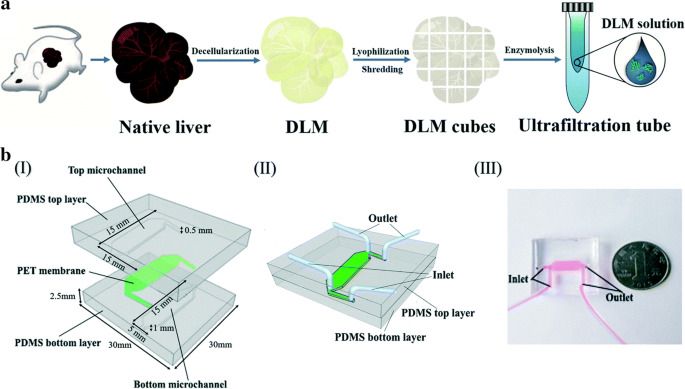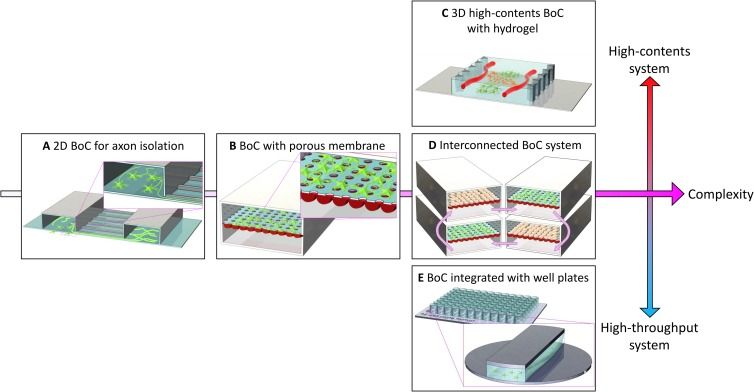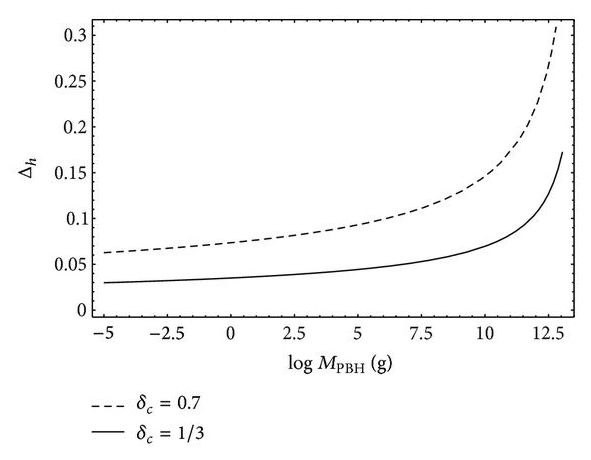Circa 2008
Three independent research teams have successfully performed organ transplantations that do not require the recipient to face a lifetime of immunosuppressant drugs to prevent rejection. Instead, the new techniques prevent rejection by training the immune system to recognize the new organ as its own.
The three studies, published this week in the New England Journal of Medicine, are preliminary and involve only a few patients. But if the techniques can be reproduced in a larger population, they could eliminate one of the most enduring scars of the operation: the need to continue taking sometimes-dangerous immunosuppressant drugs.
Thousands of kidney transplantations are performed every year, and nearly 99% of patients in the United States are still alive a year after the surgery. But even when the organ donor is a close relative, the transplant recipient often needs to take immunosuppressant drugs for the rest of their lives to guard against organ rejection. But although the drugs help to prevent rejection, they also increase the risk of infection and are very pricey.









